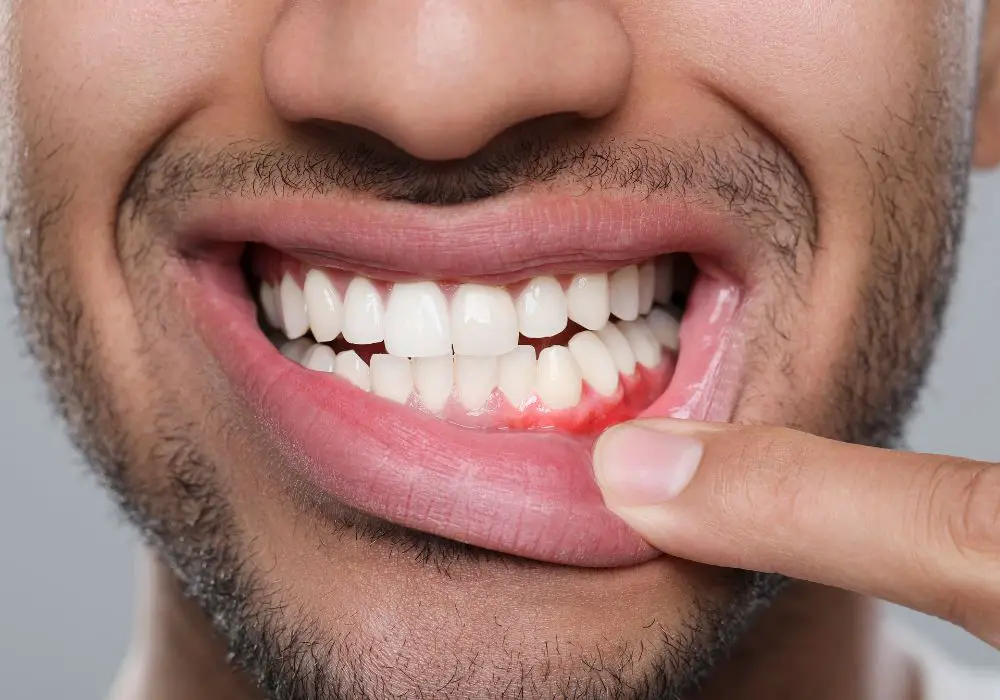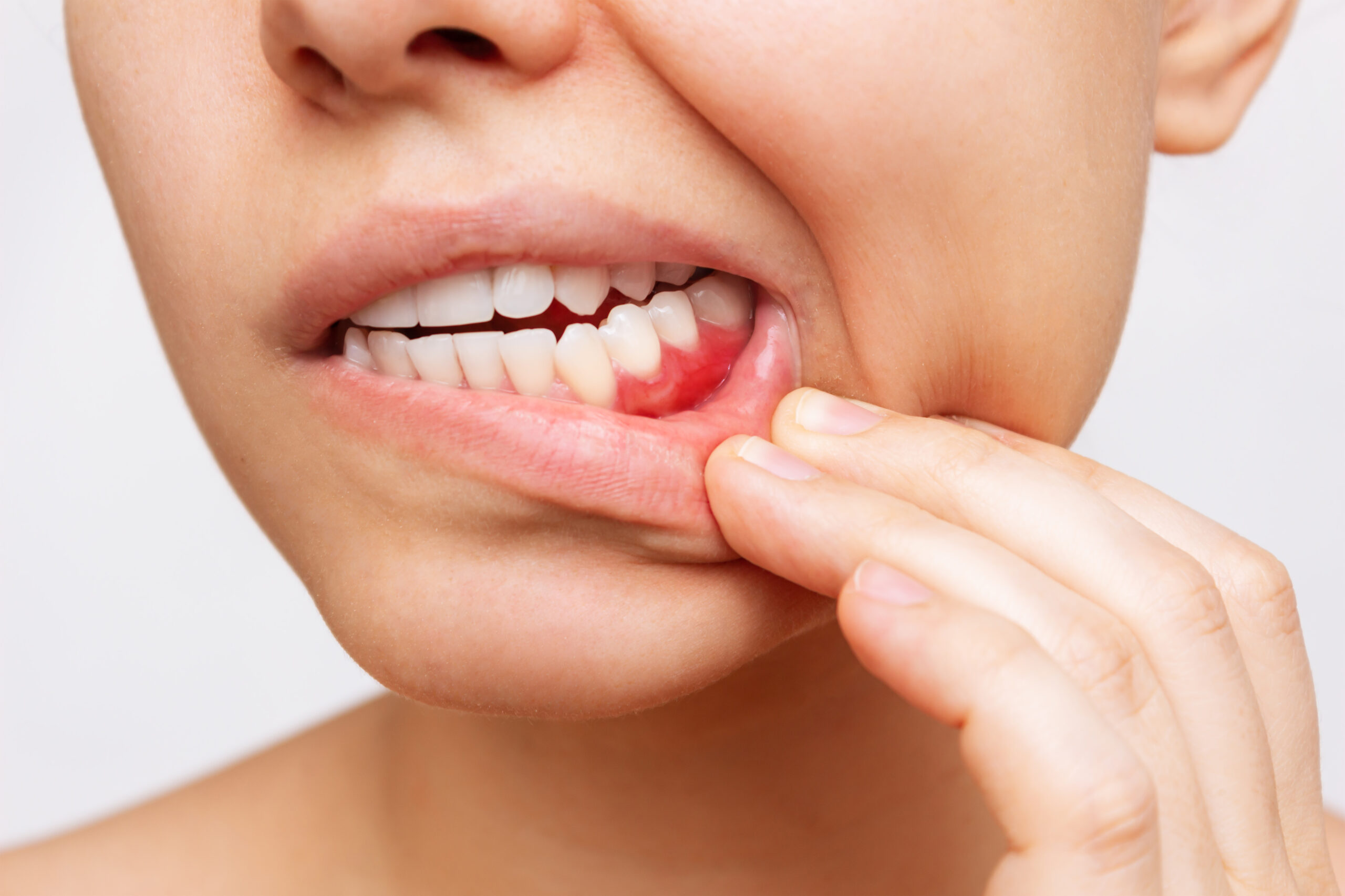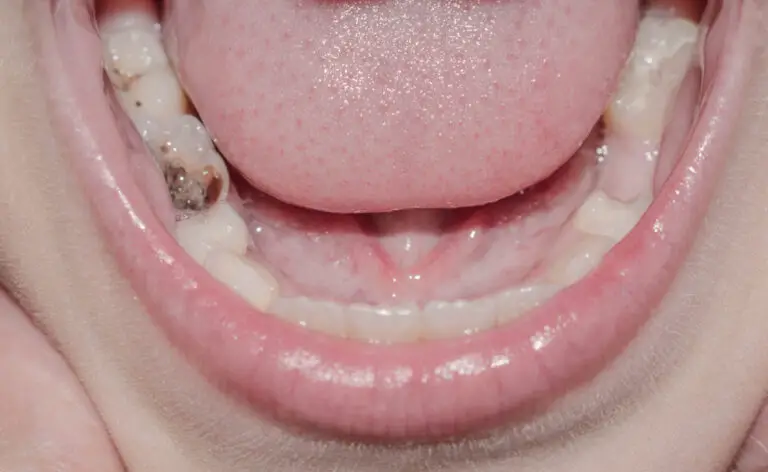Gum health is a critical aspect of oral hygiene that affects individuals at every stage of life. While teeth often receive most of the attention in dental care conversations, the health of the gums is equally important. Healthy gums can provide a strong foundation for teeth, protecting the underlying bone and supporting tooth stability. Neglecting gum health can lead to many dental and medical problems, ranging from gum disease to increased risk of systemic health issues.
Read on to learn why gum health matters at every age.
Importance Of Gum Health In Childhood And Adolescence

Gum health is foundational to oral wellness, starting from the earliest stages of life. Establishing sound oral hygiene routines isn’t just beneficial but essential during childhood and adolescence. These formative years are crucial for instilling habits that will persist throughout one’s life, setting the stage for long-term dental health. Early attention to gum health can forestall the development of gingivitis, the initial stage of periodontal disease.
Gingivitis manifests through symptoms such as redness, swelling, and a tendency for the gums to bleed easily during brushing or flossing. Fortunately, with timely and appropriate dental care, gingivitis can be completely reversed, preventing its advancement to more severe gum diseases. To safeguard gum health from a young age, the following practices are recommended:
- Regular Dental Check-ups: Engaging in biannual visits to the dentist for professional cleanings and assessments is important.
- Proper Brushing Techniques: Using a soft-bristled toothbrush and fluoride toothpaste, brush gently in circular motions twice daily.
- Daily Flossing: Floss at least once daily to remove plaque and food particles from between teeth and the gumline.
- Balanced Diet: Consume a diet rich in fruits and vegetables and low in sugary snacks to help reduce plaque buildup on teeth.
- Hydration: Drink plenty of water to help maintain saliva production, which naturally cleanses the mouth and gums.
Adhering to these practices helps maintain gum health, laying a solid foundation for oral hygiene that benefits individuals well into their later years. However, for those seeking expert dental care in Louisiana or similar locations, including advice and treatment related to gum health, a visit to a Louisiana dentist can provide comprehensive insights and solutions tailored to individual needs.
The Impact Of Gum Health On Adults
As individuals enter adulthood, the importance of gum health escalates significantly. During this phase, the risk factors for gum disease multiply, primarily due to lifestyle choices and the cumulative effect of dental care habits. The buildup of plaque and tartar becomes a more pressing concern, potentially escalating to periodontitis, a severe form of gum disease. Periodontitis is particularly insidious because it extends beyond gum inflammation, destroying the bone that anchors teeth, raising the specter of tooth loss.
Furthermore, the implications of periodontitis stretch beyond the mouth, as shown by the connections between periodontal disease and systemic health issues, including cardiovascular disease, diabetes, and respiratory ailments. This interconnection underscores that maintaining gum health is integral to oral wellness and the body’s overall functioning and well-being.
To combat these risks, adults are advised to adhere to the following preventative measures:
- Routine Dental Visits: Schedule regular check-ups and cleanings with a dentist to remove tartar and detect early signs of gum disease.
- Thorough Oral Hygiene: Brush twice daily with fluoride toothpaste and floss to remove plaque.
- Lifestyle Modifications: Limit consumption of sugary foods and beverages and avoid tobacco products.
- Stress Management: Reduce stress, which has been linked to an increased risk of periodontal disease.
- Disease Control: Manage chronic conditions like diabetes that can exacerbate gum disease.
By taking these steps, adults can protect their gum health, safeguarding their teeth and overall health from the potential ravages of periodontitis.
Gum Health During Pregnancy

Pregnancy is a period characterized by significant hormonal fluctuations, which can profoundly impact oral health, particularly the gums. These hormonal changes can heighten the body’s response to plaque, leading to an increased risk of developing pregnancy gingivitis. This condition manifests as swollen, tender and bleeding gums, making diligent oral hygiene and routine dental care paramount during pregnancy.
Moreover, the implications of gum health during this time extend beyond the pregnant individual, as established by a correlation between periodontal disease and adverse pregnancy outcomes, such as low birth weight and premature births. Therefore, maintaining optimal gum health is critical for the expectant mother’s overall well-being and the developing fetus’s health.
To ensure gum health during pregnancy, the following measures are recommended:
- Consistent Oral Hygiene: Brush twice daily with fluoride toothpaste and floss to remove plaque.
- Regular Dental Check-ups: Consult with a dentist for professional cleanings and to monitor changes in gum health.
- Balanced Nutrition: Eat a diet rich in vitamins and minerals to promote gum health.
- Gentle Brushing: Use a soft-bristled toothbrush to reduce gum irritation.
- Hydration: Drink plenty of water to help reduce oral bacteria and maintain saliva flow.
By adhering to these practices, pregnant individuals can mitigate the risks associated with pregnancy gingivitis, safeguarding their health and that of their unborn child.
The Role Of Gum Health In Aging Populations
With advancing age, the imperative to maintain gum health intensifies. Older adults face an elevated risk of encountering dental issues such as gum recession, which exposes the roots of teeth to decay; dry mouth, frequently induced by medications, which reduces the protective benefits of saliva, and periodontitis, a severe form of gum disease that can lead to tooth loss and systemic complications. These conditions cause discomfort, impair oral function, and severely impact overall quality of life.
Additionally, the presence of systemic health conditions like diabetes can complicate oral health, as there’s a bidirectional relationship between diabetes and periodontal disease, each having the potential to aggravate the other.
To mitigate these risks and maintain gum health in older age, the following strategies are advised:
- Regular Dental Visits: These are crucial for professional cleanings and to monitor for signs of gum disease or recession.
- Effective Oral Hygiene: Brush gently with a soft-bristled brush, fluoride toothpaste, and daily flossing.
- Managing Dry Mouth: Increase water intake, use saliva substitutes, or consult a healthcare provider for medication alternatives.
- Control of Systemic Diseases: Regularly manage conditions like diabetes to maintain overall health and mitigate their impact on oral health.
- Nutritious Diet: Eat foods high in vitamins and minerals to support gum health and overall well-being.
By adopting these practices, older adults can protect their gum health, preserve oral function, and enhance their quality of life.
Takeaway
With the information mentioned above in mind, gum health is a vital component of dental and overall health that matters at every age. From establishing good oral hygiene habits in childhood to addressing the unique challenges presented during adulthood and later in life, proactive management of gum health can prevent many problems and contribute to a lifetime of oral health. Consulting with dental professionals ensures that individuals receive the care and guidance necessary to maintain healthy gums.






